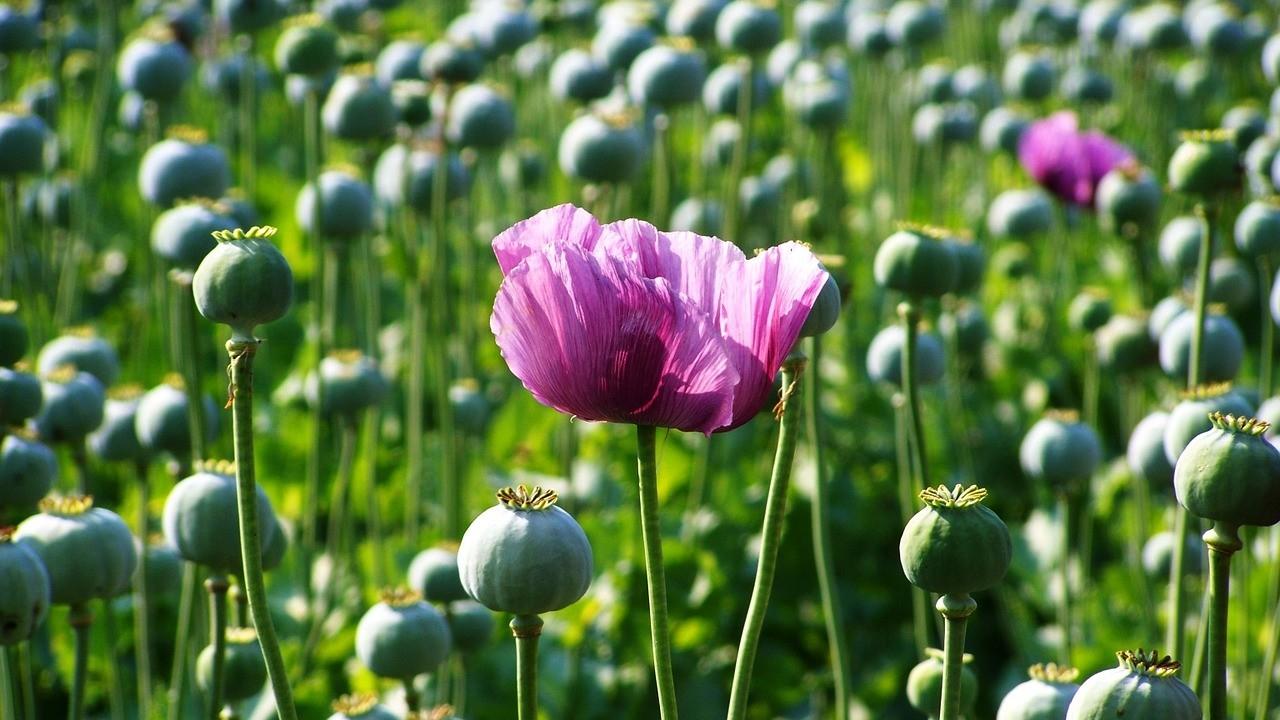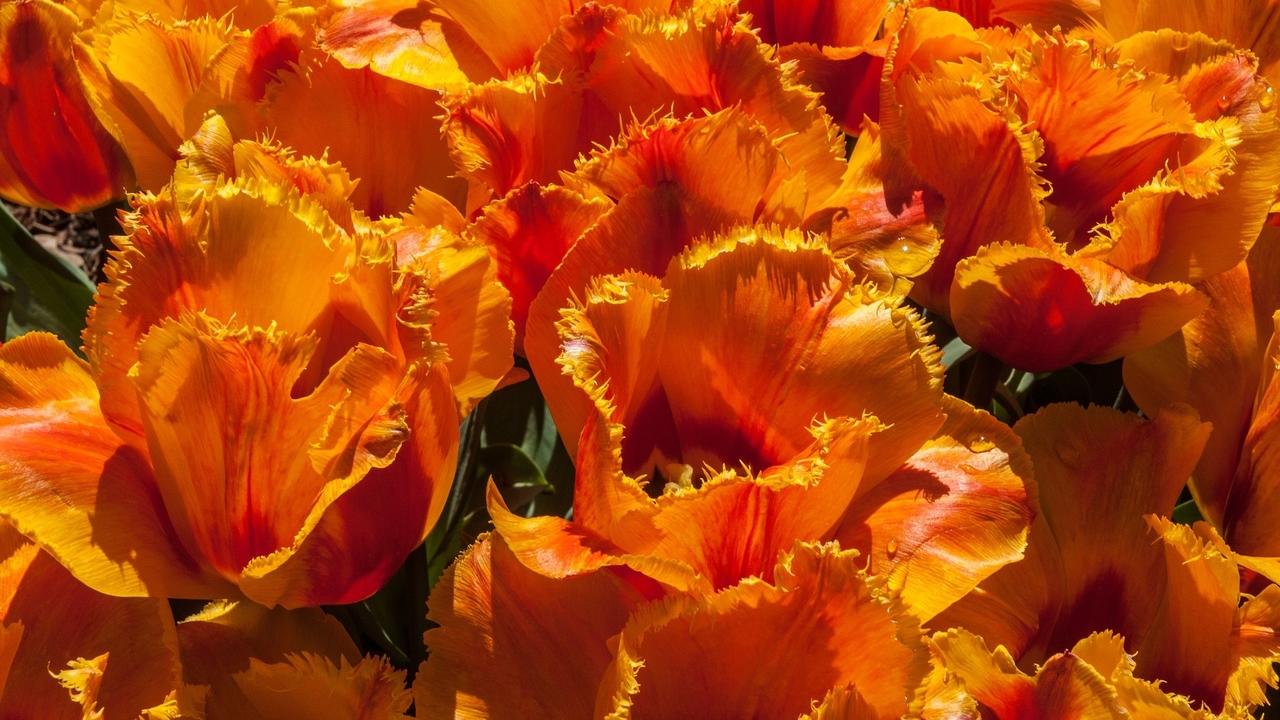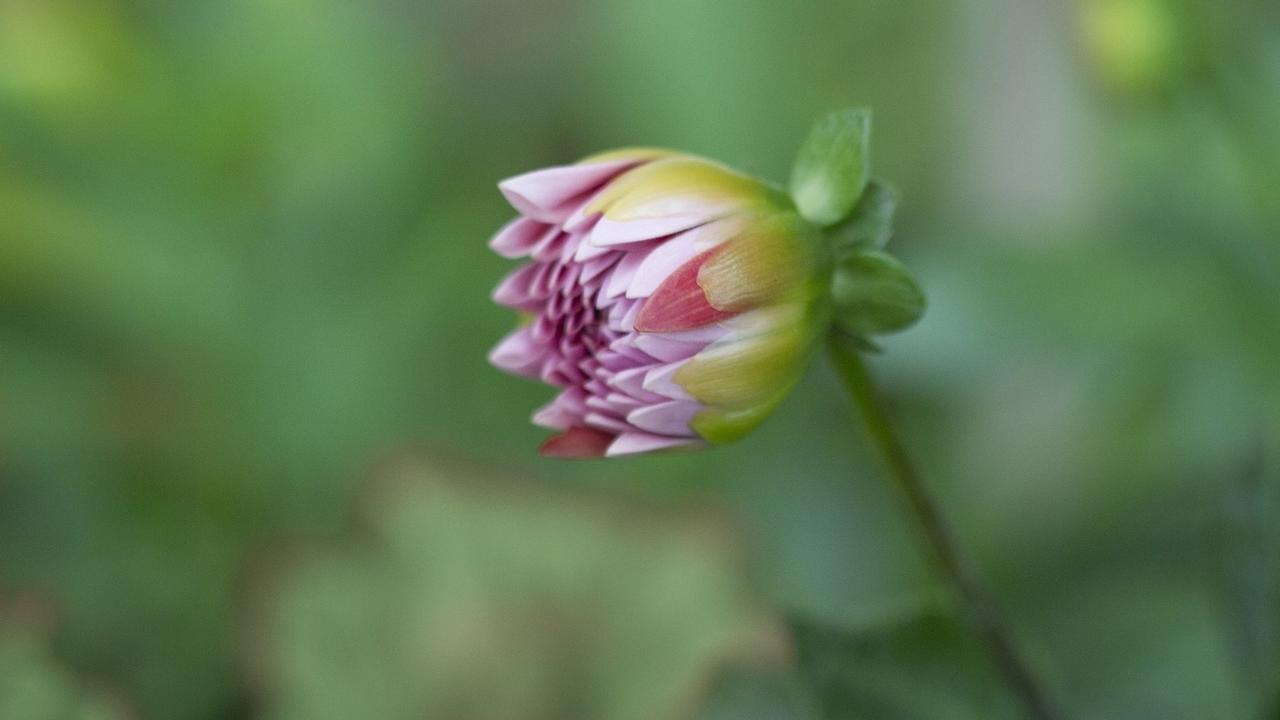Blog
Did you notice the ease? (DW#591)

In verses 5 and 6 of Sura Inshirah (Expansion), the Quran states:
For truly with hardship comes ease! Truly with hardship comes (more) ease!
The scholars tell us that the verses means that
1) Whatever difficulties or troubles are encountered by men, Allah always provides a solution, a way out, a relief, a way to lead to ease and happiness, if we only follow His Path and show our Faith by patience and right action. The solution or relief does not merely come after the difficulty: it is provided right along with it.
And that the
2) Emphasis and repetition may imply that there is more ease than difficulty.
It is so easy for our attention to zoom in on what is wrong, what is troubling us and what is not quite right. It takes consciousness and intention to direct our attention to the ease that may still be present in our lives. If our knee is hurting, for example, we tend to focus only on the knee. What about our feet, our hands, our head and our organs which are pain free and working fi...
What it means to stand with Hussain (DW#455)

As this year's azadari comes to a close, I've been thinking about what values this annual commemoration draws out of me:
if I am with Hussain (as), I value and honor the significance of histories and herstories of oppression and of standing up against injustice, and I make a conscious effort to remember them in community. I believe in the power of storytelling. I do not dismiss these stories for being "so long ago" or of a different people or from a far away place.
if I am with Hussain (as), I stand with the systematically oppressed, silenced, disenfranchised, abused, tortured, murdered, and imprisoned
if I am with Hussain (as), I work towards a level of commitment to justice for the aforementioned where I am willing to give up anything and everything - my comfort, my wealth, my ego, and my life - in pursuit of it
if I am with Hussain (as), I am of those whose hearts are soft ...
Remembering Hussain on Ashura (DW#454)

Today marks the Day of Ashura, the day when Hussain ibn Ali, the grandson of the Prophet Mohammed (saw) was martyred on the plains of Karbala (present day Iraq) in the year 680AD.
Here is a story which might help:
It is said that there was once a King who was fighting a battle and in the midst of the battle, a storm descended, and he came to be separated from the rest of his troops and found himself in a jungle.
Hungry and dishevelled, he was near panic when he saw a modest hut. He approached the hut and found that an old woman lived there.
He explained that he was lost and hungry and requested shelter...
Continue calling on Him through Dua (DW#419)

4. Dua
One of the most special things about Ramadan are the moments of connection to Him through Dua or supplication. The process of turning to Him and asking from Him enriches us beyond measure and gives us spiritual strength.
Whereas sharia applies to our outward actions and its job is to regulate human action in order to create the basis of social justice, Dua is the training the heart to love the Creator, to experience His love and to understand that the more you love Him, and have a personal relationship with Him, the more you understand that the laws of sharia are to help you reach your full potential.
The Duas that we have been reciting during this month all emphasize the personal quality of Allah's relationship with us and His all-encompassing love. Dua is therefore a vital practice to cultivate spirituality and nurture our connection to Him.
Baby steps:
Look through a compilation of Dua such as the Sahifa Sajjadiya or the Duas of Imam Ali (as). Pick one that calls to you.
Pick a lon...
Continue reflecting on the message (DW#417)

2. Reading the Quran
This is the second habit that we developed during the month of Ramadan – a daily practice of recitation and reflection on the message.
To succeed in any area of life, the first step is knowledge about the rules that govern that area. We do not expect to excel at academics or in the workplace without reading the texts that govern the particular field. Similarly, we cannot expect to succeed in this world, get to know the system of cause and effect, to know ourselves or figure out how to achieve ultimate success in the hereafter without looking at the manual gifted to us by the Creator of the system.
Although we may have spent much time in recitation during the month of Ramadan, an ongoing relationship with the Quran necessitates understanding, contemplation and action. Only with understanding and reflection can we use the wisdom in of the Book to improve our life here and beyond.
Baby steps:
Read and reflect on one ayat of the Quran every day. Once again, it is important ...
Eat of the good things (DW#415)

Sūra Mu’minūn: Eat of the good things and act righteously [Quran: 23:51]
As we prepare for the festival of Eid and the days of feasting that will surely follow, let us remind ourselves of this verse which links eating to doing good or acting righteously.
It is a most beautiful command to eat of the good things: to enjoy the bounty and blessings that He has granted us and to take pleasure in these bounties. While this verse commands us to be mindful of what we eat, it also links food to spirituality, to the command to act righteously.
Scholars explain that this verse reminds us that what we eat impacts our soul. It affects how we think and how we behave, how we connect to God, and how we treat others around us. Our spirituality, in other words, is very closely linked to what and how we eat.
A tradition of the Holy Prophet (saw) advises us: Spare one third of the stomach for food, one third for drink and one third for breath.
So today as we begin feasting, let us remind ourselves to eat mi...
Recognize the value of a single night (DW#409)

The grand night is better than a thousand months [Sura Qadr, 97:3]
Laylatul Qadr (the grand night, night of power, night of destiny) is the anniversary of the night when the verses of the Qur'an were revealed to Prophet Muhammad (saw). This night, the holiest in the Islamic calendar, is a celebration to commemorate the arrival of the final guidance for humans.
The above verse from Sura Qadr tells us that Laylatul Qadr, or the Grand Night is better than a thousand months. In the verse preceding this one, the Quran has invited us to raise our consciousness by asking And what will make you comprehend what the grand night is? [97:2]. This verse answers this question by informing us that the Grand Night, or Laylatul Qadr is better, more elevated than one thousand months.
A thousand months is equal to more than 80 years, a quantity of time that is equal to, if not more than, a lifetime for many of us.
Clearly the Quran wants us to understand that there is a difference in quality of time if we ...
Purify yourself (DW#405)

Sura Baqarah, verse 222: and He loves those who purify themselves.
Tahara or ritual purity is one of the cornerstones of the Muslim faith. We have to cleanse ourselves before acts of worship in order for the worship to be valid.
Physical purity is, of course, only the starting point of tahara or purity.
When the Quran says that He loves the muttahiroon, those who purify themselves, we need to understand that purification of the body, mind and heart are all important to become those who are loved by Him.
How are some of the ways we can purify ourselves?
- Stay in a constant state of physical purity
- Purify our mind of negative thoughts – about Him, about ourselves and about others
- Purify our heart of anger, resentment, jealousy
- Purify our intentions for acts of worship and for good deeds
- Purify our dealings in business and with each other
Keep turning back to Him (DW#404)

Sura Baqarah, verse 222: Allah loves those who turn to Him constantly.
The Creator knows the nature of Creation – He is aware that despite our best intentions, we will constantly fall short of the good that has been commanded. And we will keep doing things that are not in our long term best interests.
This is an invitation to keep returning to Him in repentance when and as soon as we recognize that we have fallen short or gone "off-track". To return to Him means to come back on the path that He has commanded, the path of those whom He is pleased with. The path that is aligned with our ultimate purpose.
Just as an airplane must keep correcting its course and adjusting its flight path to arrive safely at its destination, we need to:
- Have an idea of the path that will lead us to success
- Have an intention to stay on the course
- And when we stray off that course, recognize it and turn back as soon as possible.
Not only is this plan of action a great blueprint for success in this wor...
Rely on Him (DW#403)

Verse 159 from Sura Al-Imran: So by mercy from Allah, [O Muhammad], you were lenient with them. And if you had been rude [in speech] and harsh in heart, they would have disbanded from about you. So pardon them and ask forgiveness for them and consult them in the matter. And when you have decided, then rely upon Allah. Indeed, Allah loves those who rely [upon Him]. (Quran 3:159)
This verse refers to the Holy Prophet(saw)’s demeanor with his companions after the disaster on the battlefield of Uhud when some companions flagrantly disobeyed him. The Prophet did not reproach them harshly although the disobedience had led to a major defeat for the Muslims.
Here the Quran testifies to the gentle nature of the Prophet (saw) which endeared him to all, and it is reckoned as one of the Mercies of Allah. One of the Prophet's titles is "A Mercy to all Creation." At no time was this gentleness, this mercy, this long-suffering with human weaknesses, more valuable than after a disaster like that at Uhu...
